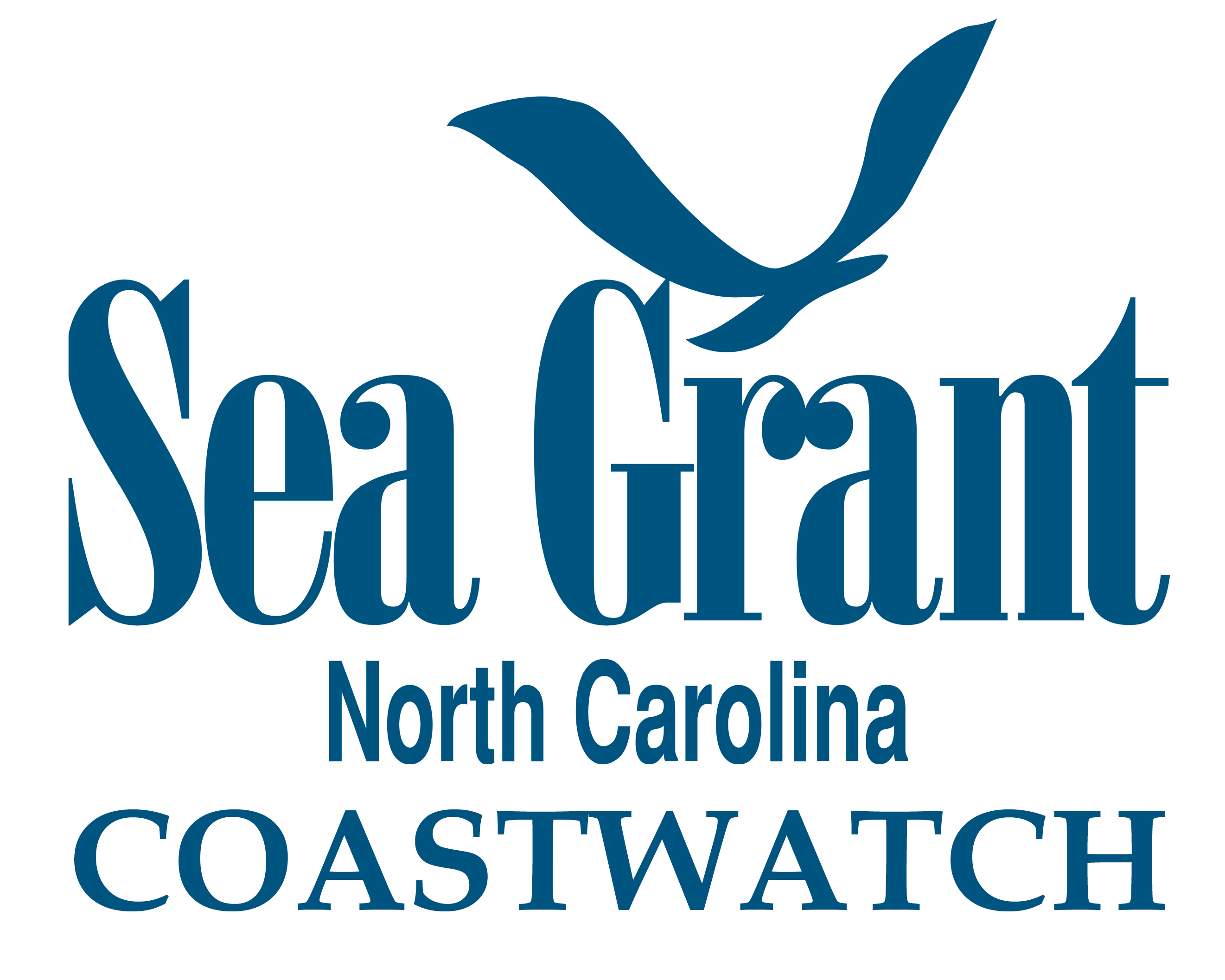Spring has sprung! Now is a time for rejuvenation, growth and anticipation for outdoor adventures that do not require three layers of warm clothing. I am ready to roll down along our coast this season and take advantage of all the opportunities available to us here in North
Carolina.
Last autumn certainly was a difficult time for counties inland and along the coast as Hurricane Florence and Tropical Storm Michael beat a path across the state. These communities — the people residing and owning property there — are rebuilding together through a joint sensibility that this is, and will continue to be, home.
Impacts continue, but so, too, do stories of communities supporting each other. Also, individuals are working together and defining new and special bonds with each other, these places, and our relationships to them.
North Carolina Sea Grant also continues to partner with these communities. Our efforts include hands-on resources as well as science and policy applications to work toward near-term and long-term disaster resilience — supporting community capacity not only to identify the recovery and resiliency lessons that they have learned, but also to share those lessons among other communities and businesses coping with recent disasters.
Those lessons in particular apply to planning for the future, such as addressing infrastructure planning for transportation and housing, as well as other projects to strengthen rural resilience within North Carolina. We will continue to inform you of these ongoing investments.
Our hope is that you, too, will benefit as you notice recent changes along the coast as you explore the state’s coastal history and current culture, getting to know new places and faces.
As you will read in this issue of Coastwatch, North Carolina’s history is an amalgam of many perspectives. Malinda Maynor Lowery offers unique insights into her Lumbee tribe’s first encounters with the English, a series of events that remain part of the Lumbee experience in dual indigenous and American roles. In addition, the North Carolina African American Heritage Commission is exploring the lesser-known history of Blackbeard’s ship, the Queen Anne’s Revenge. The ship had an entirely different identity as La Concorde, a slave-trading vessel, before the infamous pirate took possession of it.
Also, knowledge of past fisheries, fishing communities and environmental conditions helps explain current fishing interests and efforts in Sea Grant’s new blog, “Hook, Line and Science,” cleverly developed by our fisheries extension specialists. And you will learn the evolution of a plant’s name — one that is dear to my heart through my own research. Yes, Spartina has taken on a new descriptor based on new knowledge.
As you plan ahead, consider an opportunity to learn more from experts across a range of topics during our upcoming North Carolina Coastal Conference in Wilmington on Nov. 19 and 20. North Carolina Sea Grant, along with the support of many partners, hosts this conference every other year as an opportunity to bring groups with different interests together and to highlight the positive impacts of our state’s investments across the coast and in our coastal watersheds. The conference also provides a perfect setting to discuss future areas of focused support.
Please save the date and join us as we collectively engage with leaders across communities, academia, state and local government and nonprofit groups regarding progress and upcoming priorities for coastal communities, environment and economies. For more information, visit ncseagrant.org.
I am pleased to see so many of you have responded to our Coastwatch survey. It is an important way for our program to continue to respond to your interests and needs regarding information about our coast, state and North Carolina Sea Grant program. I appreciate your feedback, and if you have not yet responded, please take the time to do so now online at go.ncsu.edu/CoastwatchSurvey.
If you would like to reach out to me directly and share your thoughts, please feel free to do so at snwhite3@ncsu.edu.
I look forward to seeing you at the coast this spring!
This article was published in the Spring 2019 issue of Coastwatch. For reprint requests, click here.
